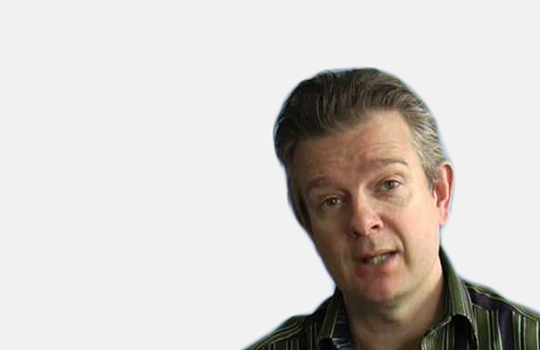![]() I am a terrible coward. I flee pain as the gazelle flees the lion. On a bad day I am living proof of Jeremy Bentham’s universal dictum: that the sole motive of a human being is to avoid pain and achieve pleasure. For this reason alone I am a champion of medicine. If I am to sicken, if long nights of pain are to stretch before me, then I will seek medicine’s embrace – let it cut the canker from me, let it float me Lethe-wards on the drafts of an easeful opiate. Although the idea of progress is a disputed one, when we ask what human blessings science has brought it is to medicine we are likely to point. Medicine is the heavy artillery in our war against pain, chief amongst the relievers of our estate.
I am a terrible coward. I flee pain as the gazelle flees the lion. On a bad day I am living proof of Jeremy Bentham’s universal dictum: that the sole motive of a human being is to avoid pain and achieve pleasure. For this reason alone I am a champion of medicine. If I am to sicken, if long nights of pain are to stretch before me, then I will seek medicine’s embrace – let it cut the canker from me, let it float me Lethe-wards on the drafts of an easeful opiate. Although the idea of progress is a disputed one, when we ask what human blessings science has brought it is to medicine we are likely to point. Medicine is the heavy artillery in our war against pain, chief amongst the relievers of our estate.
For a pre-modern writer Michel Eyquem de Montaigne was unusually loyal to the phenomena of life. Concrete details delighted him more than lofty abstractions, however pious, however canonical. In his writing he was also remarkably free from vanity. Turning his attention inwards, he was more interested in what he saw than whether it reflected well on himself – and he didn’t shy from describing it. When he talks about pain it is therefore tempting to listen. Montaigne, like his father, suffered from kidney stones. I have seen pictures of kidney stones. ‘Stones’ is a euphemism. They more resemble objects of torture. They could have been dreamt by David Cronenberg. To talk of ‘passing’ such a stone is equally euphemistic. They would need to be torn from the body in scalding streaks of pain. This is Montaigne’s account of an attack of ‘the stone’:
“You sweat in agony, turn pale, turn red, tremble, vomit your very blood, suffer strange contractions and convulsions, sometimes shed great tears from your eyes, discharge thick, black, and frightful urine, or have it stopped up by some sharp rough stone that cruelly pricks and flays the neck of your penis.”
Flaying the neck of your penis. It is worth pausing to consider that. To roll it around in your mind a while. To consider the pain. A piece of jagged crystal under pressure from a swollen bladder. You are desperate to void your bladder but cannot do it without shifting the razor blade in your penis.
To find a cure for such suffering is incontrovertibly to improve our common lot. All other things being equal, less pain is always to be preferred to more. But there is something in Montaigne’s account of his attacks that runs, in interesting ways, against a certain contemporary grain. The extraordinary advances of modern medicine have left us impatient for more. For some, good health has even become a right, and sickness and suffering a violation. And if health is a right, then the nearest thing to a duty-bearer is a doctor. Death and disease cease to be natural parts of life and become the responsibility of the doctors who fail to cure them. Compare this view to Montaigne’s: “We are born to grow old, to grow weak, to be sick, in spite of all medicine.” Medicine is not, thankfully, what it was in the late Renaissance – a ritualised way of passing the time while you waited to see if the body would heal itself. On innumerable fronts pain has been pushed back. Medicine is daily lightening our lot. But you don’t have to be an Eeyore to fancy that illness and suffering will not be eliminated entirely. For the most part, as Montaigne points out, suffering that cannot be cured needs to be endured. But Montaigne asks a little more of his suffering: “It is for my own good,” he writes, “that I have the stone; that buildings of my age must naturally suffer some leakage. It is time for them to begin to grow loose and give way.” Suffering for Montaigne is instructive. It reminds us of something we moderns seem to want to forget: that a degree of suffering is unavoidable and that this little life of ours is rounded by a sleep.
Julian Sheather is ethics manager, BMA. The views he expresses in his blog posts are entirely his own.
